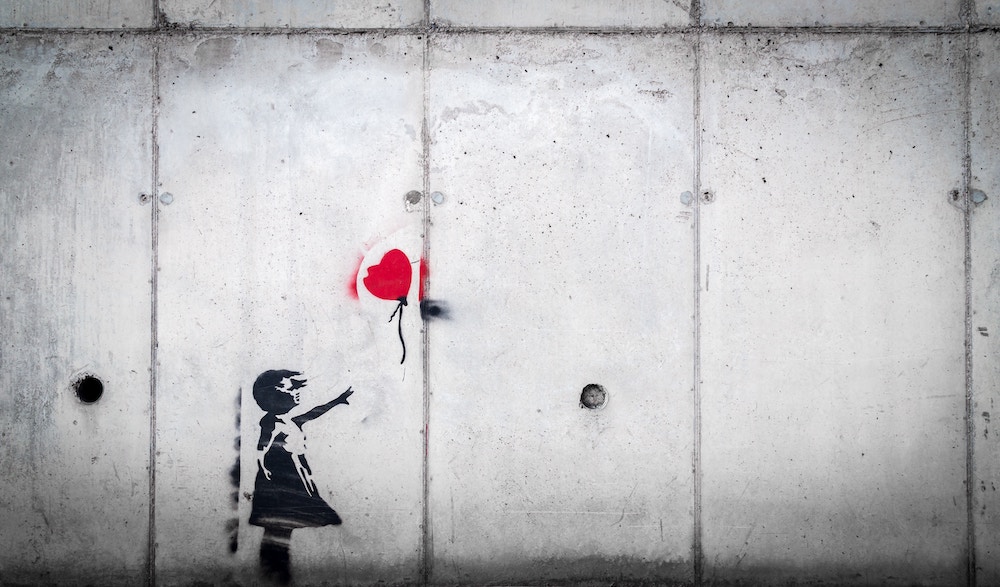Whatever loss you’re struggling with right now, I’m sorry.
I probably know what you’re going through a bit, and I probably don’t. But what’s more important, I’m sorry you’re hurting. Whether this is your first holiday after the experience of a loss or your tenth, it can be a difficult time. It also doesn’t matter what your loss is, it can be difficult to “put on a happy face” when you don’t feel that happy.
You don’t, in fact, need to be happy at all. You can actually feel the way you’re feeling the entire holiday (privately or not) but if you know how to manage the waves of the emotions you will feel, and that you’re not crazy, AND that you don’t have to justify it to anyone, that you’re going to get through it.
And maybe, just maybe, you might find some contentment and solace despite how you feel.
1. You’re not crazy
One minute you’re raging, the next you’re anxious, the next you’re deeply sad and sobbing. You might be numb. This is just your brain on grief. You probably notice that the motions of your emotions are coming in waves. Sometimes they are very intense, and other times they will be an ebb all day. Notice what emotion is most dominant in the moment.
Action #1: Name it
What’s the feeling? Where does it sit in your body?
2. Let’s say something kind
So the toughest part about grief at a time of year when you’re ‘supposed’ to be happy, or ‘should’ feel okay but you don’t is that you don’t feel that way always (or at all), and most importantly you can’t feel differently. That’s important to remember. If you could feel differently about your experience, you would absolutely. So, knowing that you can’t feel different even though you want to is also hard, especially if you normally like the holidays or don’t mind doing all of the things.
Action #2: Support it
What is one phrase you could say to yourself about this feeling you are having?
Example: It is really hard to feel this sad and this tired. I am doing a great job feeling my anger and not punching my in-laws. I am afraid that I will always be this antisocial but I have showed up anyway.
3. Move it
Emotion will move through your body if you allow it. Why is that important? Emotions are a message from your brain to your body. The message is simple, sad/angry/fearful and the brain is asking the body and back again – what do we do about this? Once this feeling has been felt and supported, we can move the body to allow it to move through us. This will allow our brain and body to slowly integrate the feeling and the thoughts together. It’s part of a larger healing process in grief, but the movement is the simplest way there.
Action #3: Find an action that allows your feeling to slowly and gently be less intense.
Anger – Vigorous movements are best. Quick walking, pumping the arms, punching a pillow, jumping, dancing.
Fear – Vibration-like movements are best. Jumping, running, swimming, deep breathing with walking
Sadness – Rhythmic movements are best. Cycling (spinning), yoga, jumping jacks (slow), bouncing on a ball
4. Celebrate, and repeat as needed.
You did it. That is literally all you need to do. Your feelings aren’t wrong, weird or abnormal. You and many people are feeling this way, and in that, know that you are not alone, and you are part of a larger human community that feels just like you do, all the time. You are a part of something bigger when you know that you love, even when that love causes you pain, you are truly human in every sense.
Biggest hugs to you,
Dr. Aoife ND
